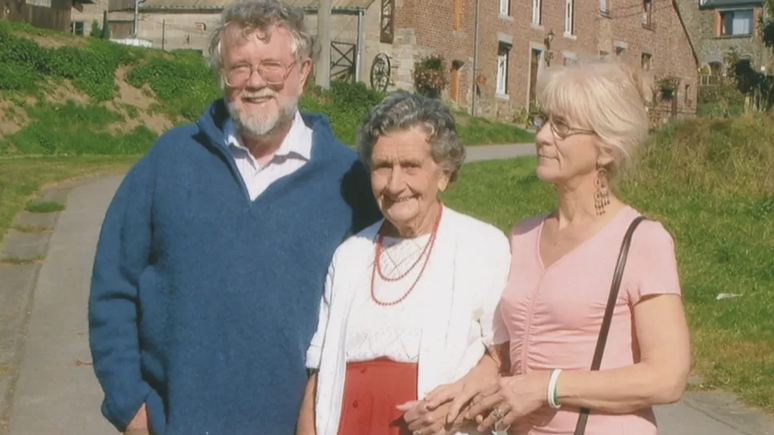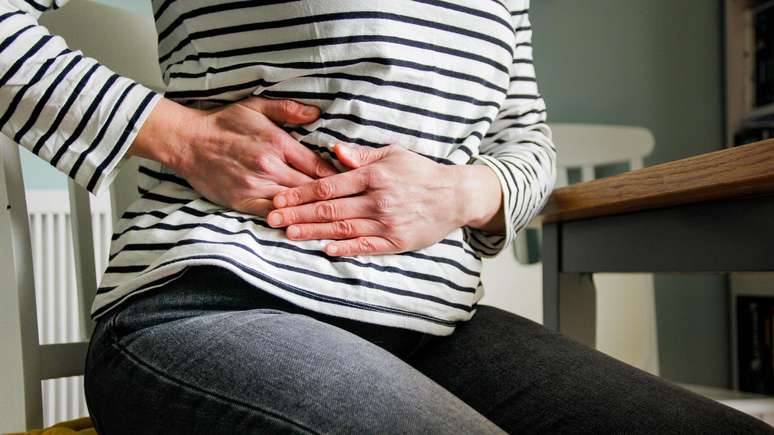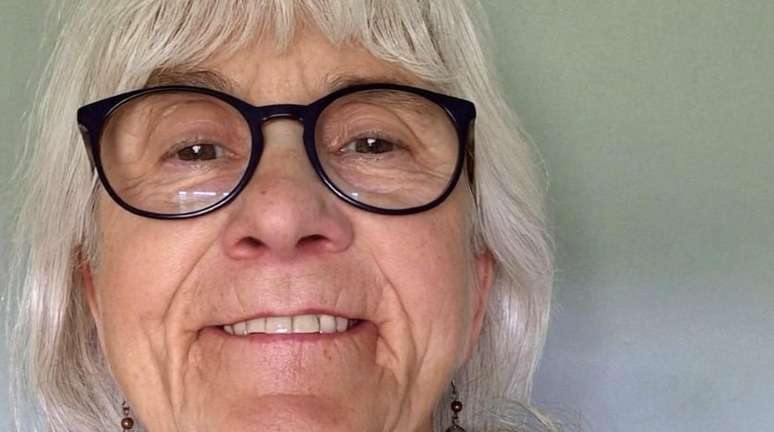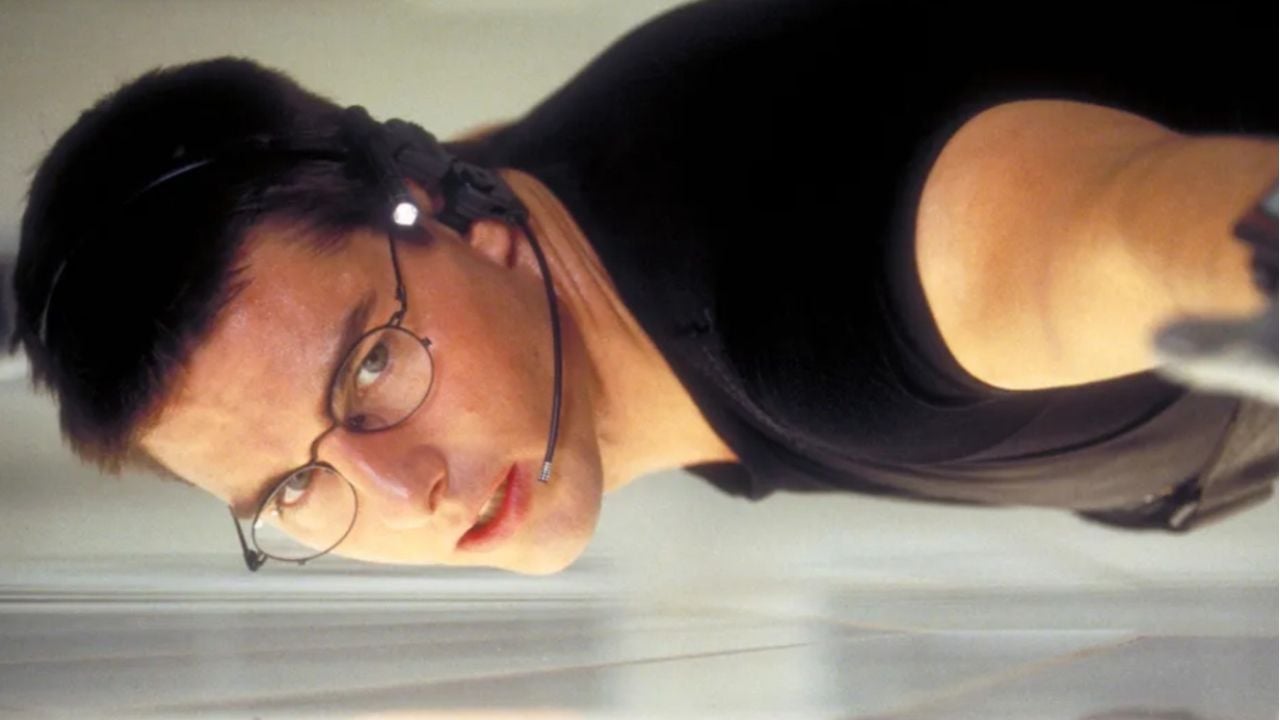Scientists have been studying the case of Scotsman Jo Cameron for 10 years; there is no word in the world of anyone with the two mutations she has.
Scotsman Jo Cameron is the only known person in the world who has two rare genetic mutations that make her feel virtually no pain and cause her cells to recover faster than normal.
It took scientists 10 years to figure out how these mutations work. It was surgery in 2013 that revealed the then 65-year-old had a lack of pain sensitivity.
“I had surgery for arthritis on my hand. I spoke to the anesthesiologist and he said the operation would be very, very painful and I would be in a lot of pain afterwards,” Cameron, now 75, told BBC.
“I said: I won’t feel it, I don’t feel pain.”
Said and done: after the operation, the doctor noted that the old woman did not need to take any medicines and said that it was “very unusual”.
Anesthetist Devjit Srivastava then referred her case to geneticists who study pain at University College London (UCL) and the University of Oxford, both in the UK.
The team of experts took tissue and blood samples from Jo Cameron to analyze her DNA.
After six years of research, they revealed that mutations in the hitherto unknown FAAH-OUT gene make Cameron feel virtually no pain, stress or fear.
newly discovered mutation

FAAH-OUT is part of a group of genes that has long been viewed as a negligible part of DNA. But recently, scientists are better understanding the role of these genes in fertility, aging and disease.
In Jo Cameron’s case, the researchers were able to identify which genes are linked to a lack of pain sensitivity, which genes ward off feelings associated with anxiety and depression, and which genes help the older woman heal faster.
Scientists discovered that the FAAH-OUT mutation ‘reduces’ the expression of the FAAH gene, which is linked to pain, mood and memory. The mutation also causes a reduction in the production of the FAAH enzyme.
This enzyme is normally responsible for breaking down the anandamide molecule, known as the substance of happiness, in humans, but it doesn’t work properly for Jo.
Scientists also found that Jo’s two mutations go beyond not feeling pain: They’re also linked to healing.
“Its cells can heal 20 to 30 percent faster, which is surprising,” says Andrei Okorokov, an associate professor at UCL and co-author of a study on the mutation published in the neurology journal Brain.
“The mutation wipes out part of the FAAH-OUT gene and turns it off. Jo also has another mutation in the FAAH gene. So far, we don’t know of anyone else in the world who carries both mutations.”
Why do most people feel pain?

Pain is essential to protect us from harmful or even life-threatening risks. The consequences of not feeling pain can be serious.
For Jo, who frequently burns her arms in the oven, it’s only when she smells her burnt skin that she realizes what’s happened.
“We work with other patients who also don’t feel pain because they have mutations in other genes, and sometimes suffer serious injuries. So, feeling pain is good, but sometimes pain can become chronic and no longer be useful,” says James Cox, professor at UCL and co-author of the study.
Growing up, Jo had no idea that there was anything different about her. She has never taken anything to ease the pain.
“I have kids, I’ve had a husband of many years, and they thought I had a huge pain tolerance.”
The genetic mutations also allow her to process upsetting feelings much faster.
“I feel the same emotions as anyone else when bad things happen. I react instantly like anyone else would,” she says. “But immediately I think that there must be solutions and I start thinking about strategies”.
Professor Cox hopes the findings will pave the way for research into medicines for mental health, pain management and wound healing.
“Chronic pain is the most prevalent health condition of our time and we urgently need new pain relievers. By understanding at the molecular level how FAAH-OUT works, we hope that new and better pain medications can be developed.”
Source: Terra
Rose James is a Gossipify movie and series reviewer known for her in-depth analysis and unique perspective on the latest releases. With a background in film studies, she provides engaging and informative reviews, and keeps readers up to date with industry trends and emerging talents.







